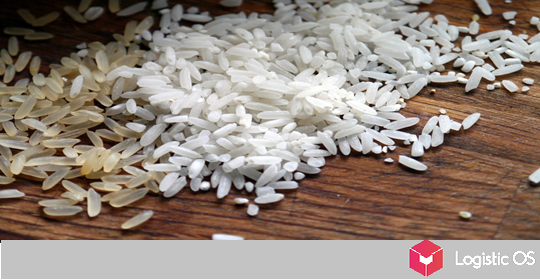According to the latest data, the draft federal budget, currently being submitted for review, proposes a reduction in support for the agro-industrial complex.
The draft budget for 2026 projects 290 billion rubles will be allocated for agricultural development. This is a significant reduction compared to 384 billion rubles in 2025, according to experts.
However, the government plans to restore state support levels in the future.
For example, according to the explanatory note to the draft budget, 308 billion rubles are planned for agricultural development in 2027, and 339 billion rubles in 2028. However, many experts warn that the actual amounts may be lower than these plans.
The main problem is that Russia has consistently adopted budget deficits in recent years. Therefore, given the lack of funds, the government simply has no choice but to reduce support levels.
This will inevitably affect farmers, among other things.
Regarding the specific programs the government plans to spend money on in 2026, the lion’s share will go toward subsidizing preferential loans, which allow agricultural companies to obtain funds for their operations and development without resorting to market loans, which are currently offered at unaffordable rates of around 20%.
122 billion rubles have been allocated to support preferential lending, but this is also less than the 2025 target of 168 billion rubles. Therefore, access to credit for many agricultural producers will inevitably decrease, which could have a significant negative impact on their operations.
Furthermore, approximately 76 billion rubles will be allocated for modernization of the agricultural sector. Approximately half of this amount will go toward subsidies to support priority areas.
The government is also allocating approximately 5 billion rubles for subsidies for farmers in new regions. Subsidies to Agroleasing are planned to remain at the current level of approximately 12 billion rubles.
Support for certain sectors of the agricultural sector will remain, but in most cases, its volumes are also planned to be reduced.
For example, subsidies for viticulture development will be reduced from 4.3 billion rubles to 4 billion, while subsidies for potato and vegetable cultivation will be cut from 3.7 billion rubles to 3.5 billion.
Funding for the state program dedicated to the integrated development of rural areas will also be significantly reduced: from 116 billion to 81 billion rubles.
Therefore, state support for the agricultural sector will be significantly reduced next year. Experts believe this trend will negatively impact a large number of companies throughout the country.

